Travel Security
We regularly travel to countries which are, or have been, affected by conflict and insecurity. While these countries may suffer from insecurity at a national-level, we only travel to regions within these countries which we judge to be safe.
We are uncompromising when it comes to the safety and security of our travellers and will not hesitate to alter plans or cancel trips due to changing security dynamics.
Our Approach
- It is important to note that some level of risk is an inherent part of any travel. Our approach is to identify potential hazards, minimise the likelihood of their occurrence and then formulate plans to mitigate the consequences should anything happen.
- We only travel to areas that meet the stringent criteria of our in-depth risk assessments, and where we have a strong network of local partners to ensure our security and provide us with the most up-to-date security information.
- We use industry guidance (BS 8848 and ISO 31000) to inform our approach to risk.
Team credentials
- Our Head of Travel, Zanna Baker, is a former British military officer, and is responsible for conducting our detailed trip risk assessments. These are then confirmed and signed off by both company directors as the ultimate risk holders.
- Each member of our travel team has lived and worked in conflict-affected regions, learning how to operate in ambiguous security situations.
Actions
Before a trip
- Accessing Reliable and Up-to-Date Security information
- We only travel to regions where we have strong connections to a range of organisations and individuals on-the-ground. These networks provide us with reliable real-time security information which informs our security approach.
- We work with local guides who are from the regions in which we travel to augment this security information.
- Risk Assessments
- We carry out in-depth risk assessments specific to each environment prior to departure. This involves identifying potential hazards, assessing their likelihood and impact, through which we calculate a risk score. We then provide primary, secondary and tertiary actions to reduce the risk score to a tolerable level.
- Mitigation Plans
- Having completed our risk assessments, we form detailed extraction plans, identifying partner organisations to facilitate support where required.
- A detailed communications plan is formulated specific to the region, and in more remote and high risk environments we ensure that we have a minimum of 3 methods of communication including Personal Locator Beacons (PLBs) with satellite communication.
During a trip
- In-country briefings
- On arrival in the country, we provide travellers with in-depth briefings on the security situation and mitigation measures in the unlikely event of a security incident.
- Trained personnel
- The group will typically be accompanied by a representative who is at minimum outdoor first aid qualified. In more remote regions and during more adventurous activities, an expedition medic may also accompany the group.
- Medical pack
- A comprehensive medical pack suitable to the environment and activities of the trip is carried throughout the trip by a member of the group.
- Real time security updates
- We liaise with our established networks on a regular basis whilst travelling to ensure that we have the most accurate understanding of any changes to the situation as they happen.
Acceptance of Risk
- It is compulsory that travellers have the correct insurance for the duration of the trip. Once purchased, our Head of Travel will request a copy of the policy in order to confirm that the insurance is suitable and to ensure that details are kept on file to facilitate any necessary procedures if required whilst travelling.
- Travellers are required to sign a Waiver and Release form in which the traveller agrees to accept responsibility for all risks laid out within the form.
If there are any queries on any of the above, please do not hesitate to contact any member of the Explore team.






